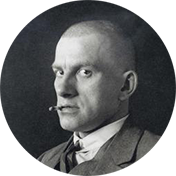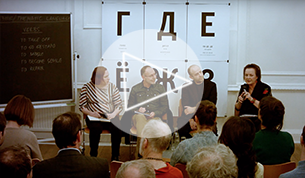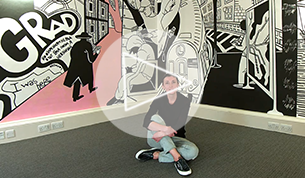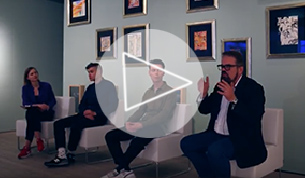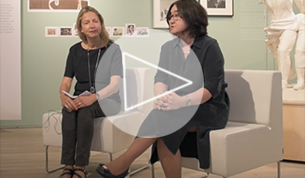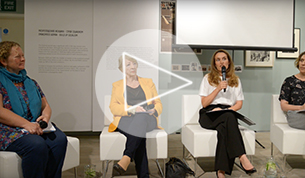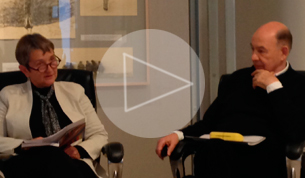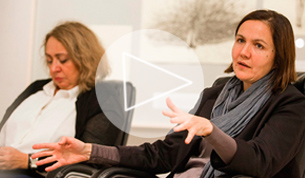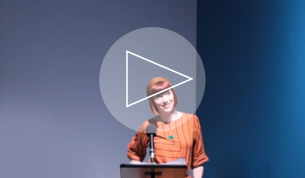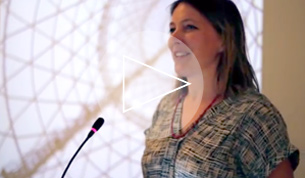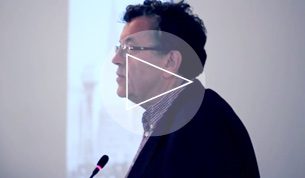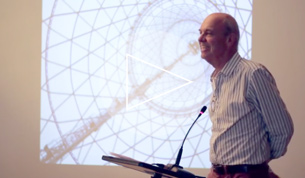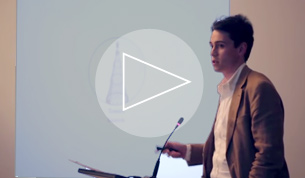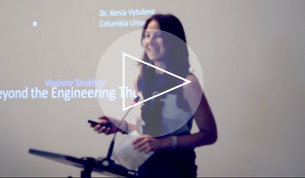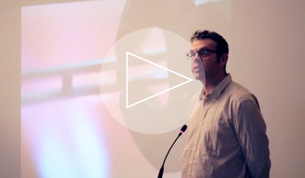Watch
Mother Tongue
Apparition of the Last Soviet Artist in London
ShadowMemory x Art Night Open
Postponed Futures
Superwoman: ‘Work, Build and Don’t Whine'
Unexpected Eisenstein
-
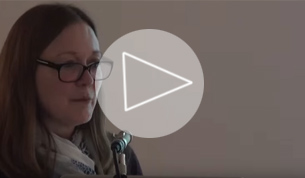 Rachel Morley:
Rachel Morley:
Russian Cinema before 1917 -
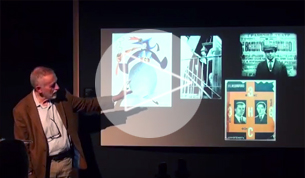 Ian Christie:
Ian Christie:
Besides Eisenstein: Protazanov, Barnet and the new Soviet cinema of the 1920s -
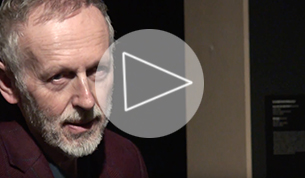 Ian Christie:
Ian Christie:
Maxim and co: creating the new heroes and heroines of the 1930s -
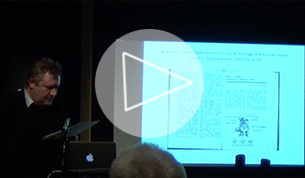 Phil Cavendish:
Phil Cavendish:
Soviet Colour Film, 1929-1945: An Experiment Understood by Very Few -
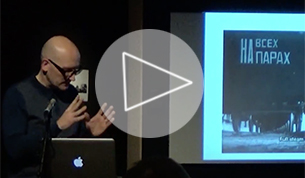 Jeremy Hicks:
Jeremy Hicks:
Meaningful Martyrdom — Death, Revolution and Victory from Lenin to the Reichstag, 1924–45 -
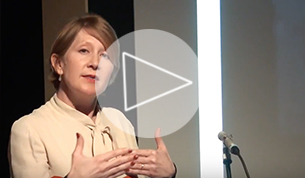 Emma Widdis:
Emma Widdis:
Film and the Making of the New Soviet Person: Bodies, Minds and Feelings -
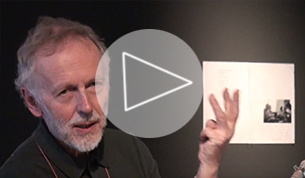 Ian Christie:
Ian Christie:
Hopes and fears: the Soviet New Wave of the 1960s -
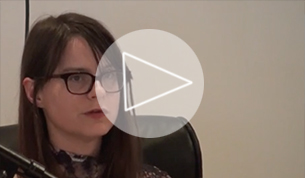 Carmen Gray:
Carmen Gray:
Andrei Tarkovsky: The Citizen Poet and the State -
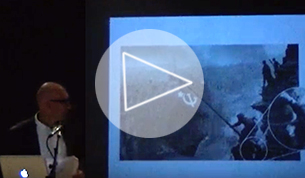 Jeremy Hicks:
Jeremy Hicks:
Reusing War Footage in Russian and Soviet Films, 1945–2015
Peripheral Visions
A Game in Hell. The Great War in Russia
-
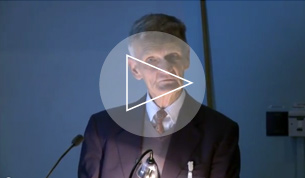 John E. Bowlt:
John E. Bowlt:
Introductory remarks -
 Elena Sudakova:
Elena Sudakova:
'Forgotten Heroes of the Great War' -
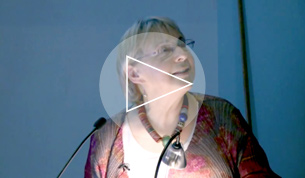 Christina Lodder:
Christina Lodder:
'A Painting Fit for Heroes: Kazimir Malevich's Reservist of the First Division' -
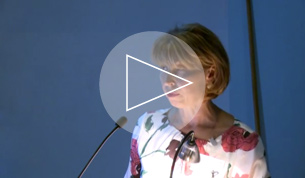 Natalia Budanova:
Natalia Budanova:
'Who Needs the Art Now?': Russian Women Artists Representing the Great War' -
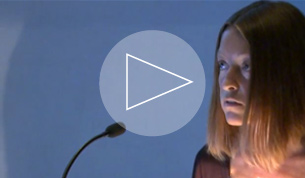 Valentina Parisi:
Valentina Parisi:
'Russian Avant-Garde Circles and the Literary Response to the Great War'
Work and Play Behind the Iron Curtain
The Shabolovka Tower Model
Kino/Film: Soviet Posters of the Silent Screen
-
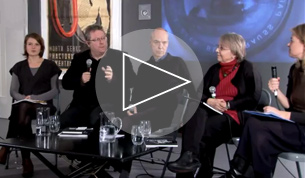 Curators and Special Guests:
Curators and Special Guests:
Panel Discussion with Exhibition -
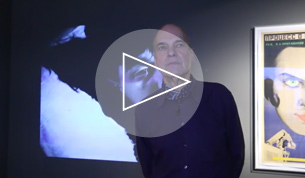 Lutz Becker:
Lutz Becker:
Curator talks: Chess Fever and The Three Million Case -
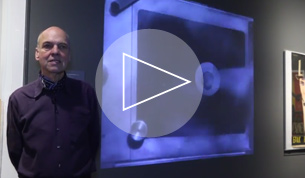 Lutz Becker:
Lutz Becker:
Curator talks: Man with a Movie Camera -
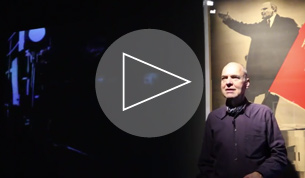 Lutz Becker:
Lutz Becker:
Curator talks: October -
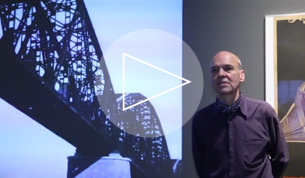 Lutz Becker:
Lutz Becker:
Curator talks: Storm Over Asia and Turksib -
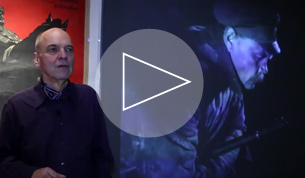 Lutz Becker:
Lutz Becker:
Curator talks: The End of St Petersburg -
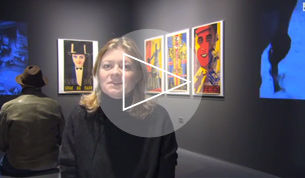 Elena Sudakova:
Elena Sudakova:
Soviet Posters of the Silent Screen
Utopia LTD
-
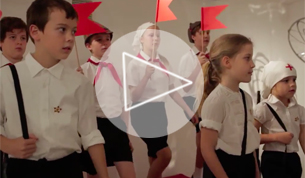 'Inside the Rainbow' Performance:
'Inside the Rainbow' Performance:
Directed by Irina Brown -
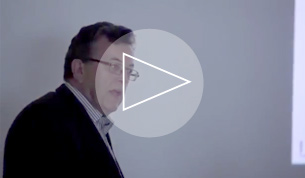 Professor John Milner:
Professor John Milner:
Seminar: 'Re-Constructivism' -
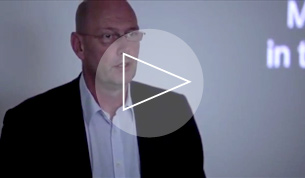 Willem Jan Renders:
Willem Jan Renders:
Seminar: 'After Lissitzky: Reconstructions at the Van Abbemuseum' -
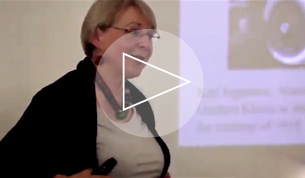 Christina Lodder:
Christina Lodder:
Seminar: 'Gustav Klucis: Transmitting Utopia' -
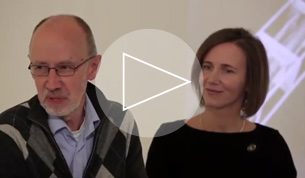 Aleksandr Shklyaruk:
Aleksandr Shklyaruk:
Seminar: 'Klucis and the Materialisation of a Futurist Idea' -
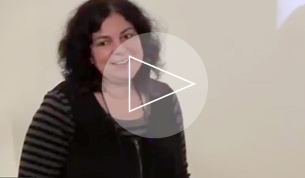 Dr. Maria Tsantsanoglou:
Dr. Maria Tsantsanoglou:
Seminar: 'Tatlin's Legend'
Listen
Superwoman: ‘Work, Build and Don’t Whine'
Unexpected Eisenstein
Bolt
A Game in Hell. The Great War in Russia
Read
Vladimir Mayakovsky
(1893-1930)
Vladimir Mayakovsky was born in a Baghdady village in Georgia on 19 July 1893. Following the sudden death of his father in 1906, Mayakovsky moved to Moscow with his mother and sisters. It was in Moscow that he discovered the literary writings of Karl Marx and he and a number of young revolutionary contemporaries joined the Bolshevik party in 1908. His revolutionary and dynamic attitude resulted in his arrest several times over the next decade and he spent a total of eleven months in prison. It was whilst incarcerated in Butyrka prison in 1909 that he began writing poetry.
Upon his release from prison Mayakovsky, by now a student of the Moscow Art School along with David Burliuk, became involved with a group of Cubo-Futurists. In 1912 the Futurist manifesto A Slap in the Face of Public Taste was published with Mayakovsky as its principle poet. Shortly afterwards he moved to St Petersburg, where he became acquainted with the writer and political activist Maxim Gorky, who was to become a huge influence on his work and later secured the performance of his first play Vladimir Mayakovsky: A Tragedy (1913). During this time he met and consequently became infatuated with Lilya Brik, who was to be his muse, lover and companion. Her husband Osip Brik became his editor.
At the outbreak of the First World War Mayakovsky made an attempt to join the army but was rejected and instead found employment at Petrograd Military Automobile School as a draftsman. At this time he wrote his critically acclaimed poems A Cloud in Trousers (1915) and The Backbone Flute, focusing on the themes of war and his affair with Lilya.
Mayakovsky felt an affinity with the ideas of the 1917 Revolution and the fervour of the time inspired him to write poems such as Ode to Revolution (1918) and Left March (1919). His enthusiasm for the Revolution manifested itself in many more of his creative projects including Mystery Bouffe (1924), a play about a huge flood that engulfs Russia and the subsequent rise of the ‘unclean’, by which he meant the proletariat. 1919 marked Mayakovsky’s return to Moscow to reside with his friend and lover Lilya Brik. At this time he undertook several professional endeavours including poster and cartoon designs for The Russian Telegraph Agency (ROSTA), as well as a proliferation of independent propaganda poetry and children’s books, all in support of the Communist party. In 1924 he even wrote a 3,000 line elegy upon the death of Lenin. He later took to travelling the world, visiting the USA, Mexico, Cuba and Europe, and recorded his findings in book of poems and sketches entitled My Discovery of America (1926). By the late 1920’s Mayakovsky had become a popular and renowned figure due to his prolific writing, artistry and political opinions. However his non-conformist attitude and public expression of these opinions put him at odds with the Soviet State. By the late twenties he was placed under almost constant surveillance by the state police. Mayakovsky did however gain acclaim in intellectual circles for being unafraid to break tradition and boundaries with his poetry and prose and for inspiring new trends in the arts. He was known for his passion, both in terms of his outlandish public proclamations and his turbulent relationships with women.
On 14 April 1930 Mayakovsky was found dead in his flat with a suicide note next to his body. Controversy surrounds the circumstances of the poet’s death; he is said to have committed suicide by shooting himself in the heart after a turbulent break-up with actress Veronika Polonskaya. The chief investigator into his death was himself killed ten days later.
Upon his death Lilya and Osip Brik inherited all his writings. Years later Lilya wrote to Stalin suggesting the state should endorse and publish Mayakovsky’s work. Due to her actions his poetry was printed by the state and included in the school curriculum. Mayakovsky is buried in Novodevichy Cemetery in Moscow.
